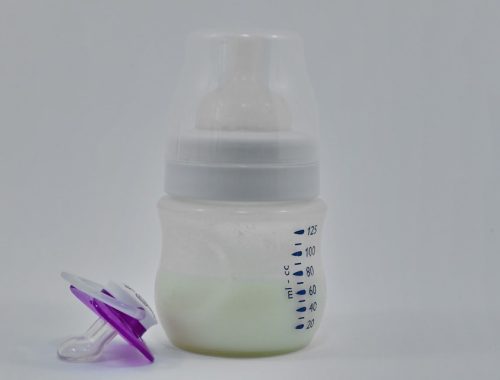
How to Ensure Proper Infant Feeding
How to Ensure Proper Infant Feeding: A Comprehensive Guide
Congratulations on becoming a parent! As you embark on this incredible journey, one of the most crucial aspects to focus on is infant feeding. Providing the right nutrition for your little one is vital for their healthy growth and development. In this guide, we’ll walk you through the ins and outs of infant feeding, ensuring you have all the information you need to give your baby the best start in life.
Understanding Infant Feeding
Infant feeding refers to the process of nourishing your baby with the right nutrients to support its growth and overall health. During the first year of life, your baby’s nutritional needs are different from older children and adults. Proper feeding during this critical phase sets the foundation for their physical and cognitive development.
Dietary Needs of Infants

Newborns have unique dietary requirements that differ from older infants. For the first six months of life, breast milk or formula is the ideal source of nutrition. Breast milk provides the essential nutrients and antibodies that protect your baby from infections and diseases. If breastfeeding isn’t an option, don’t worry, as infant formula is specifically designed to meet your baby’s nutritional needs.
Infant Food Sources

As your baby grows, their nutritional needs will evolve too. Around six months, you can begin introducing solid foods alongside breast milk or formula. Start with pureed fruits and vegetables, followed by mashed and finely chopped foods. Offer a variety of foods to ensure your baby gets a diverse range of nutrients.
The Dietary Rhythm of Infants
Infants have their own unique rhythm when it comes to feeding. While some babies may want to eat frequently, others might have a more predictable feeding schedule. Pay attention to your baby’s cues and hunger signs, such as smacking lips, sucking fingers, or turning their head towards you. Feeding on demand is essential to ensure your baby gets the necessary nourishment.
Infant Nutrition: Risks of Deficiency
Proper nutrition is essential for infants, as deficiencies can lead to serious health issues. Vitamin D deficiency, for example, can affect bone development, while iron deficiency may cause anemia and cognitive delays. As a parent, working closely with your pediatrician to monitor your baby’s growth and ensure they are meeting their nutritional requirements is crucial.
Introducing Allergenic Foods
Introducing allergenic foods can be a source of concern for parents, but research suggests that early introduction may actually reduce the risk of allergies. Start with common allergens like peanuts, eggs, and dairy, but make sure to introduce them one at a time to watch for any adverse reactions. If you have a family history of allergies, consult your pediatrician before introducing these foods.
Signs of Food Intolerance or Allergy
As you introduce new foods to your baby, keep an eye out for any signs of food intolerance or allergy. Common symptoms include rashes, hives, vomiting, diarrhea, or difficulty breathing. If you notice any of these signs, stop feeding the food immediately and seek medical advice.
Hydration for Infants
Breast milk or formula provides all the hydration your baby needs for the first six months. Once you start introducing solids, you can offer water in a sippy cup to quench their thirst. Avoid giving juice, as it is high in sugar and lacks essential nutrients.
Remember, every baby is unique, and what works for one may not work for another. Trust your instincts as a parent and seek guidance from your pediatrician when needed. By providing the best nutrition and care, you are setting your baby on the path to a healthy and happy life. Happy feeding!

Parenting a Child with ADHD
You May Also Like

Uncovering the Dark Truth: Shocking Facts That Will Make You Question Your Childhood
2023-05-05
Premature Baby Bottle: Choosing the Right Bottle for Your Tiny Miracle
2023-09-22
